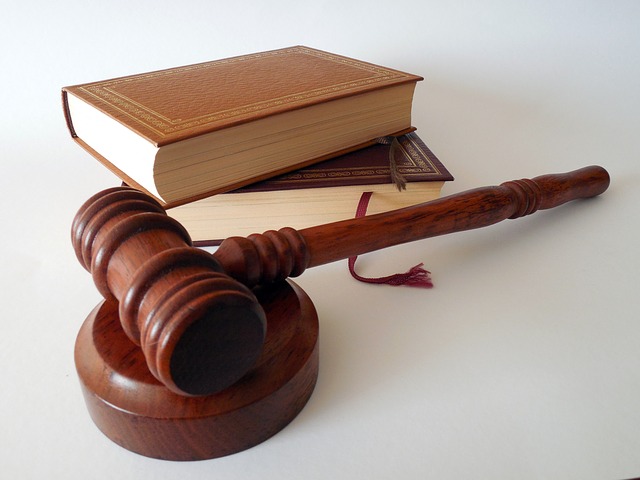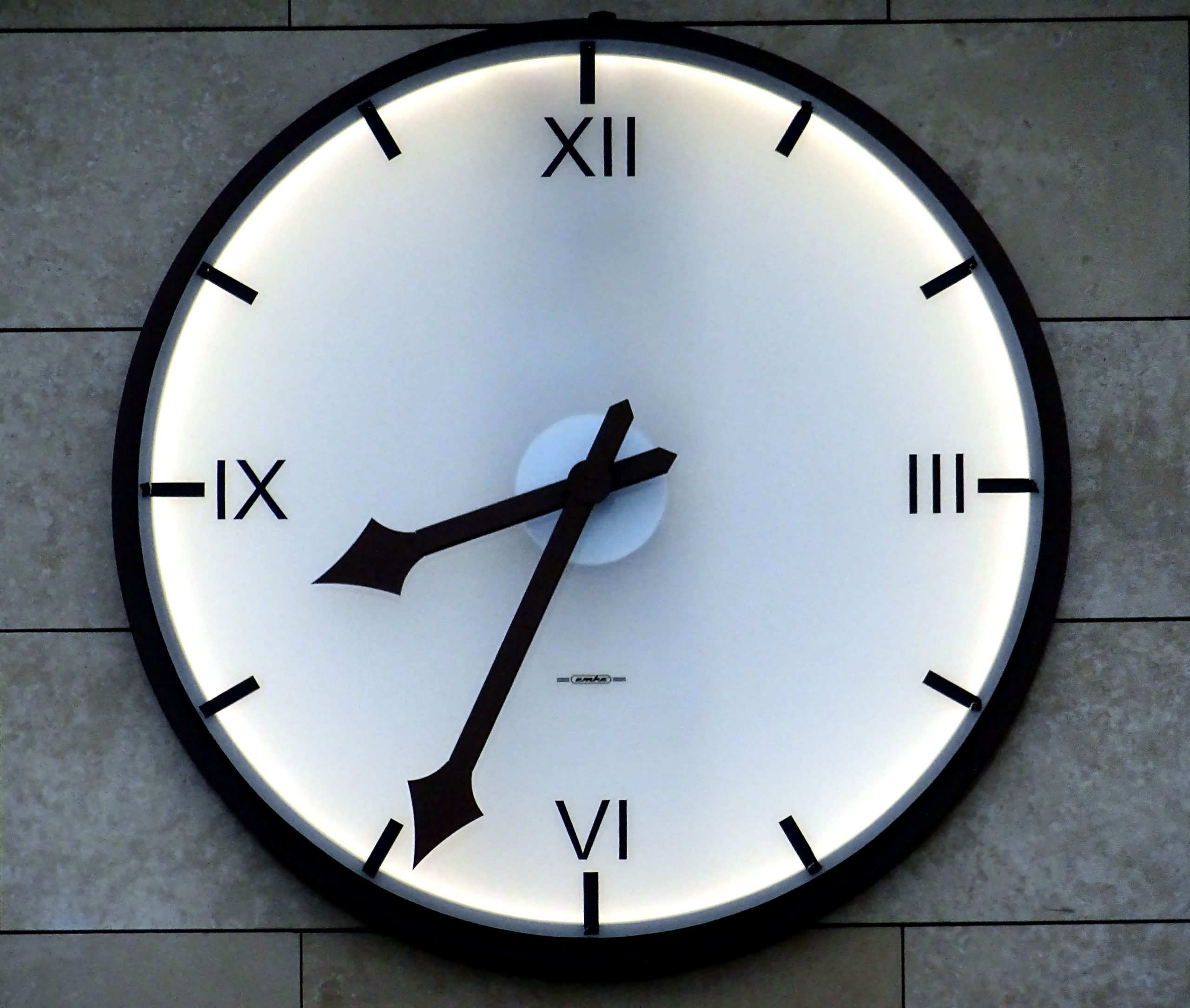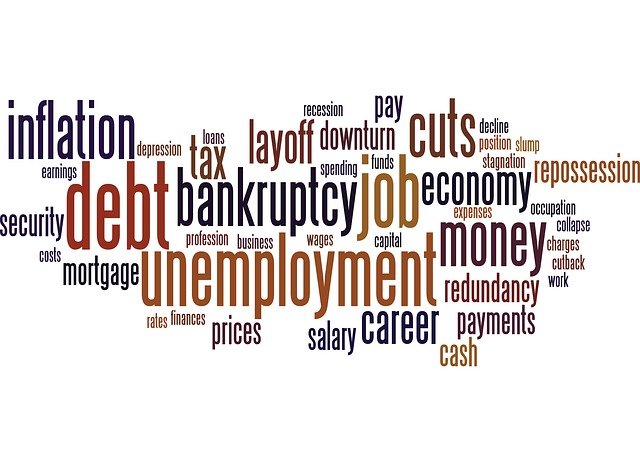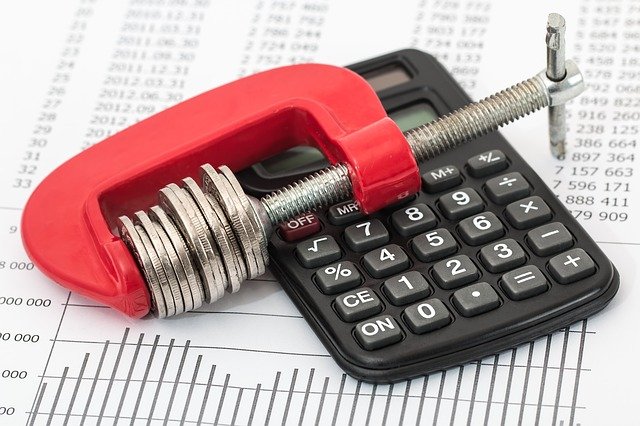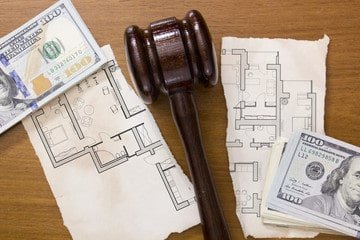It’s important to note that the Utah bankruptcy discharge is not automatic and there are specific requirements that must be met in order to obtain it.
Tag: discharge of debt
How do you get a bankruptcy discharge?
Unless there is litigation involving objections to the bankruptcy discharge, the debtor will usually automatically receive a discharge. The Federal Rules of Bankruptcy Procedure provide for the clerk of the bankruptcy court to send via US mail a copy of the order of discharge to all creditors, the U.S. trustee, the trustee in the case,… Continue reading How do you get a bankruptcy discharge?
How often can you file bankruptcy
Receiving a discharge of debts after filing bankruptcy can be a huge relief, but sometimes it might be only a temporary reprieve. As the years pass, the bills might start piling up again, and unexpected events like illness or layoffs can overwhelm your finances all over again. In these circumstances, the question “how often can you file bankruptcy?” is relevant.
What Will Happen After You File for Bankruptcy?
So the natural question you will ask yourself after you file for bankruptcy is now what? This post is to assure you that asking what will happen after you file for bankruptcy is a common and necessary question
Where does bankruptcy debt go?
Where does bankruptcy debt go? To be clear bankruptcy is a legal proceeding one carries out in the US Bankruptcy Courts to allow individuals or businesses to obtain freedom from their debts. It can also simultaneously providing creditors an opportunity for repayment of the debt under a court guided repayment program.
Bankruptcy where you pay back
Chapter 13 bankruptcy where you pay back your debts has a number of benefits including: a lower level of risk to the debtor loosing assets (i.e. home, cars, etc.), ability to catch up missed mortgage and car payments, lower risk level of litigation from creditors, as well as means to pay back creditors in a fair and equitable manner.
Bankruptcy Discharge Papers
After you have gone through the process of filing for bankruptcy, attending your creditor meeting hearing, and followed all other instructions given to you by your attorney, the trustee, and the court, your case will eventually be discharged and will receive your bankruptcy discharge papers.
Can I file bankruptcy without my spouse?
If one spouse files bankruptcy without the other spouse only the filing spouses debts are discharged. If the debts are held jointly, the non-filing spouse will still owe on the debt even after one spouse has filed bankruptcy. The bankruptcy filing will appear on the filing spouses credit report, but should not appear on the… Continue reading Can I file bankruptcy without my spouse?
Bankruptcy with medical bills
Medical debt is on of the most common reason that people file for bankruptcy. It even surpasses mortgage debt and credit card debt. Bankruptcy with medical bills occurs when the price of treating a disease, injury or sickness becomes greater than what the patient is able to pay. Even some individuals with medical insurance have… Continue reading Bankruptcy with medical bills
Filing bankruptcy versus foreclosure
These two options are not mutually exclusive as some think. If you are facing one of them you may be facing the other as well. Since filing for bankruptcy will eliminate some if not all of your debts, you can decide to file bankruptcy before a foreclosure on property the debt most likely will be… Continue reading Filing bankruptcy versus foreclosure

